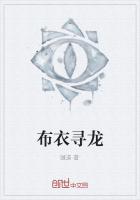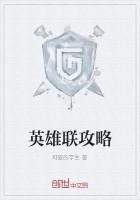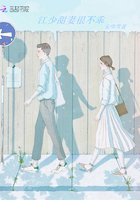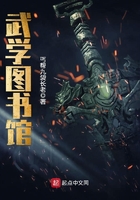"Did they take anything from you, sir?" he asked.
"I've nothing they could take," said Sam. "And they didn't try to find out. They just knocked me down."Forsythe turned to the big man.
"This gentleman is a friend of mine, inspector," he said. "He is a stranger in town and was at Pavoni's only by accident.""We might need his testimony," suggested the official.
Sam gave his card to the inspector and then sought refuge in a taxicab. For the second time he bade his friend good night.
"And when next we dine," he called to him in parting, "choose a restaurant where the detective service is quicker!"Three hours later, brushed and repaired by Mrs. Wroxton, and again resplendent, Sam sat in a secluded corner of Deptford House and bade Polly a long farewell. It was especially long, owing to the unusual number of interruptions; for it was evident that Polly had many friends in London, and that not to know the Richest One in America and her absurd mother, and the pompous, self-satisfied father, argued oneself nobody. But finally the duchess carried Polly off to sup with her; and as the duchess did not include Sam in her invitation--at least not in such a way that any one could notice it--Sam said good-night--but not before he had arranged a meeting with Polly for eleven that same morning. If it was clear, the meeting was to be at the duck pond in St. James's Park; if it snowed, at the National Gallery in front of the "Age of Innocence."After robbing the duchess of three suppers, Sam descended to the hall and from an attendant received his coat and hat, which latter the attendant offered him with the inside of the hat showing. Sam saw in it the trademark of a foreign maker.
"That's not my hat," said Sam.
The man expressed polite disbelief.
"I found it rolled up in the pocket of your greatcoat, sir," he protested.
The words reminded Sam that on arriving at Deptford House he had twisted the hat into a roll and stuffed it into his overcoat pocket.
"Quite right," said Sam. But it was not his hat; and with some hope of still recovering his property he made way for other departing guests and at one side waited.
For some clew to the person he believed was now wearing his hat, Sam examined the one in his hand. Just showing above the inside band was something white. Thinking it might be the card of the owner, Sam removed it. It was not a card, but a long sheet of thin paper, covered with typewriting, and many times folded. Sam read the opening paragraph. Then he backed suddenly toward a great chair of gold and velvet, and fell into it.
He was conscious the attendants in pink stockings were regarding him askance; that, as they waited in the drafty hall for cars and taxis, the noble lords in stars and ribbons, the noble ladies in tiaras and showing much-fur-lined galoshes, were discussing his strange appearance. They might well believe the youth was ill; they might easily have considered him intoxicated. Outside rose the voices of servants and police calling the carriages. Inside other servants echoed them.
"The Duchess of Sutherland's car!" they chanted. "Mrs. Trevor Hill's carriage! The French ambassador's carriage! Baron Haussmann's car!"Like one emerging from a trance, Sam sprang upright. A little fat man, with mild blue eyes and curly red hair, was shyly and with murmured apologies pushing toward the exit. Before he gained it Sam had wriggled a way to his elbow.
"Baron Haussmann!" he stammered. "I must speak to you. It's a matter of gravest importance. Send away your car," he begged, "and give me five minutes."The eyes of the little fat man opened wide in surprise, almost in alarm. He stared at Sam reprovingly.
"Impossible!" he murmured. "I--I do not know you.""This is a letter of introduction," said Sam. Into the unwilling fingers of the banker he thrust the folded paper. Bending over him, he whispered in his ear. "That," said Sam, "is the Treaty of London!"The alarm of Baron Haussmann increased to a panic.















